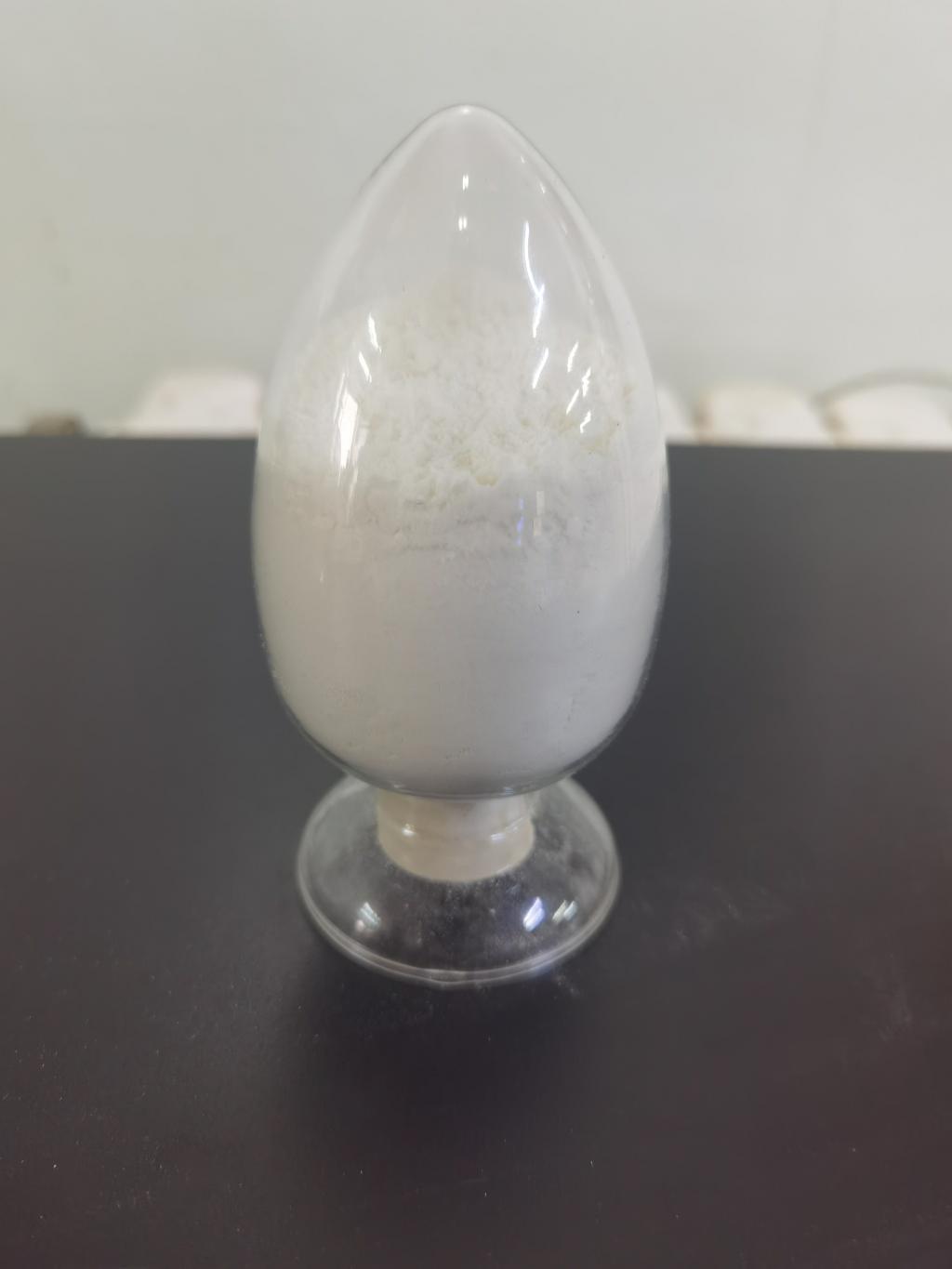Tel:+8618231198596

News
 CONTACT
CONTACT
 CONTACT
CONTACT
- Linkman:Linda Yao
- Tel: +8618231198596
- Email:linda.yao@dcpharma.cn
- Linkman:CHARLES.WANG
- Department:Overseas
- Tel: 0086 0311-85537378 0086 0311-85539701
News
Can ε-Polylysine hydrochloride inhibit the growth of molds or yeasts in food products?
TIME:2023-05-29
Understanding ε-Polylysine Hydrochloride:
ε-Polylysine hydrochloride is a cationic homopolymer consisting of lysine units. It is produced by the fermentation of a specific strain of Streptomyces albulus. The compound has gained recognition in the food industry as a safe and natural preservative due to its potent antimicrobial activity against a wide range of microorganisms, including molds and yeasts.
Mechanism of Action:
The inhibitory effect of ε-polylysine hydrochloride on molds and yeasts stems from its ability to disrupt the microbial cell membrane and inhibit essential cellular processes. The positively charged ε-polylysine molecules interact with the negatively charged components of the microbial cell membrane, leading to membrane damage and permeability changes. This disruption ultimately results in cell death or growth inhibition of molds and yeasts.
Antimicrobial Spectrum:
Studies have shown that ε-polylysine hydrochloride exhibits strong inhibitory activity against various mold and yeast species commonly found in food products. This includes but is not limited to Aspergillus, Penicillium, Fusarium, Saccharomyces, and Candida species. The broad spectrum of activity makes it a versatile tool for controlling microbial growth in different food matrices.
Application in Food Preservation:
ε-Polylysine hydrochloride has been approved as a food preservative in several countries, including the United States, Japan, and China. Its application in food preservation has been extensively studied, and it has been found to effectively inhibit the growth of molds and yeasts in a wide range of food products. Some examples include dairy products, baked goods, beverages, meat products, and sauces.
Advantages of ε-Polylysine Hydrochloride:
Safety: ε-Polylysine hydrochloride is considered safe for consumption and has no significant adverse effects on human health when used within the recommended limits.
Natural Origin: It is derived from natural sources and has a low potential for toxicity compared to synthetic preservatives.
Stability: It exhibits good stability under various food processing and storage conditions, including heat treatment and low pH environments.
Synergistic Effects: ε-Polylysine hydrochloride has been shown to enhance the antimicrobial activity of other preservatives, allowing for reduced usage levels of chemical preservatives.
Regulatory Status and Labeling:
In countries where ε-polylysine hydrochloride is approved as a food preservative, regulatory agencies specify the maximum permitted levels and usage conditions. Food manufacturers must adhere to these regulations and ensure appropriate labeling to inform consumers about the presence of ε-polylysine hydrochloride in the product.
Consumer Acceptance:
Consumer acceptance of ε-polylysine hydrochloride as a natural preservative has been generally positive. Consumers are increasingly seeking food products with clean labels and natural ingredients, and the use of ε-polylysine hydrochloride aligns with these preferences. However, clear communication and education about its safety and functionality are essential to foster trust and acceptance among consumers.
Conclusion:
ε-Polylysine hydrochloride offers a natural and effective solution for inhibiting the growth of molds and yeasts in food products. Its broad antimicrobial spectrum, safety, and stability make it a valuable tool for food manufacturers in preserving the quality and extending the shelf life of various food items. As consumer demand for natural preservatives continues to rise, ε-polylysine hydrochloride presents a promising option for addressing microbial spoilage concerns in the food industry.
- Tel:+8618231198596
- Whatsapp:18231198596
- Chat With Skype







